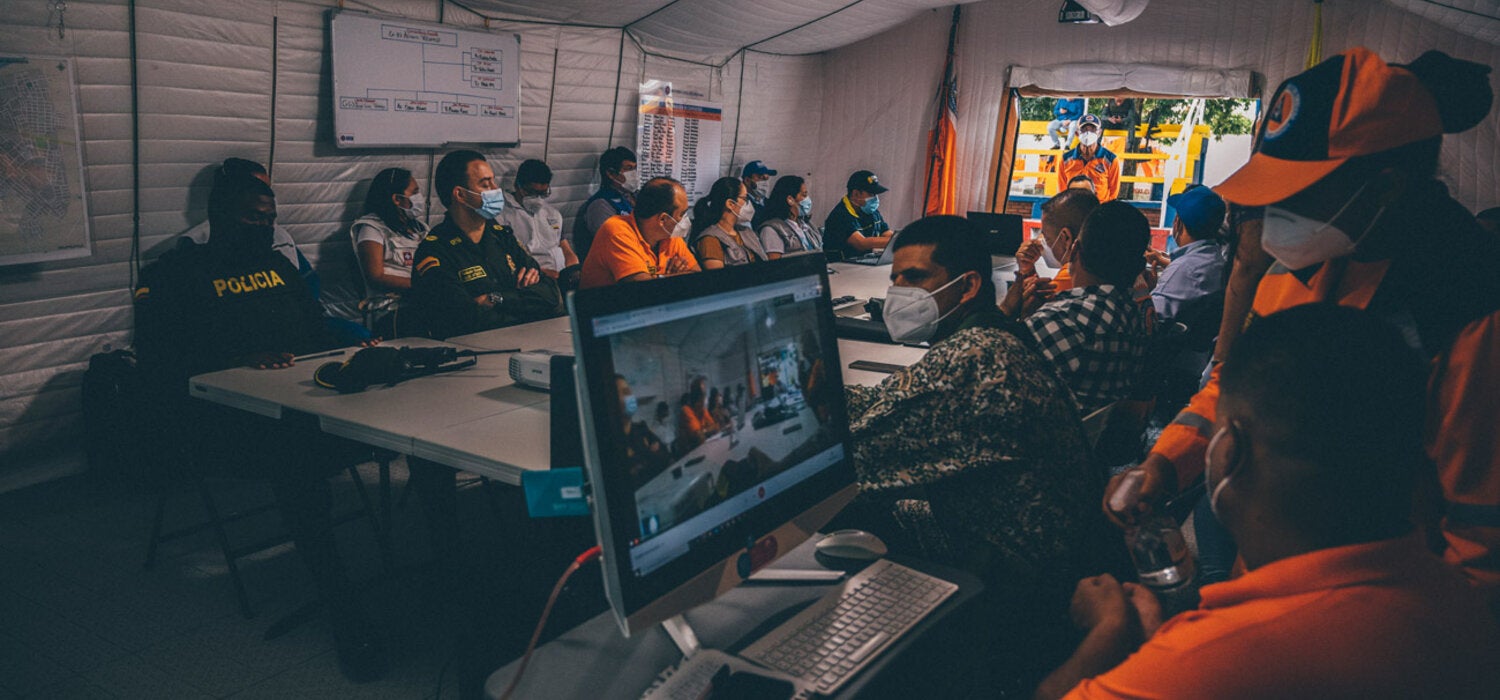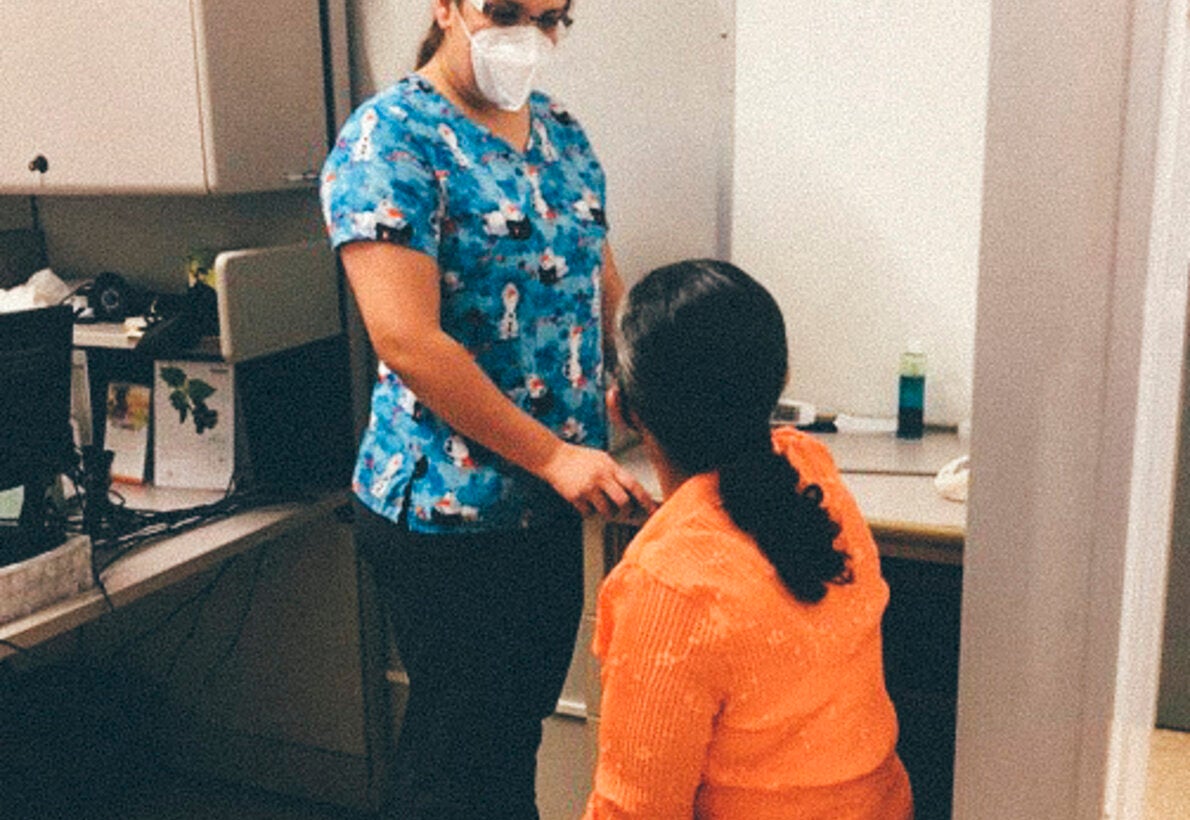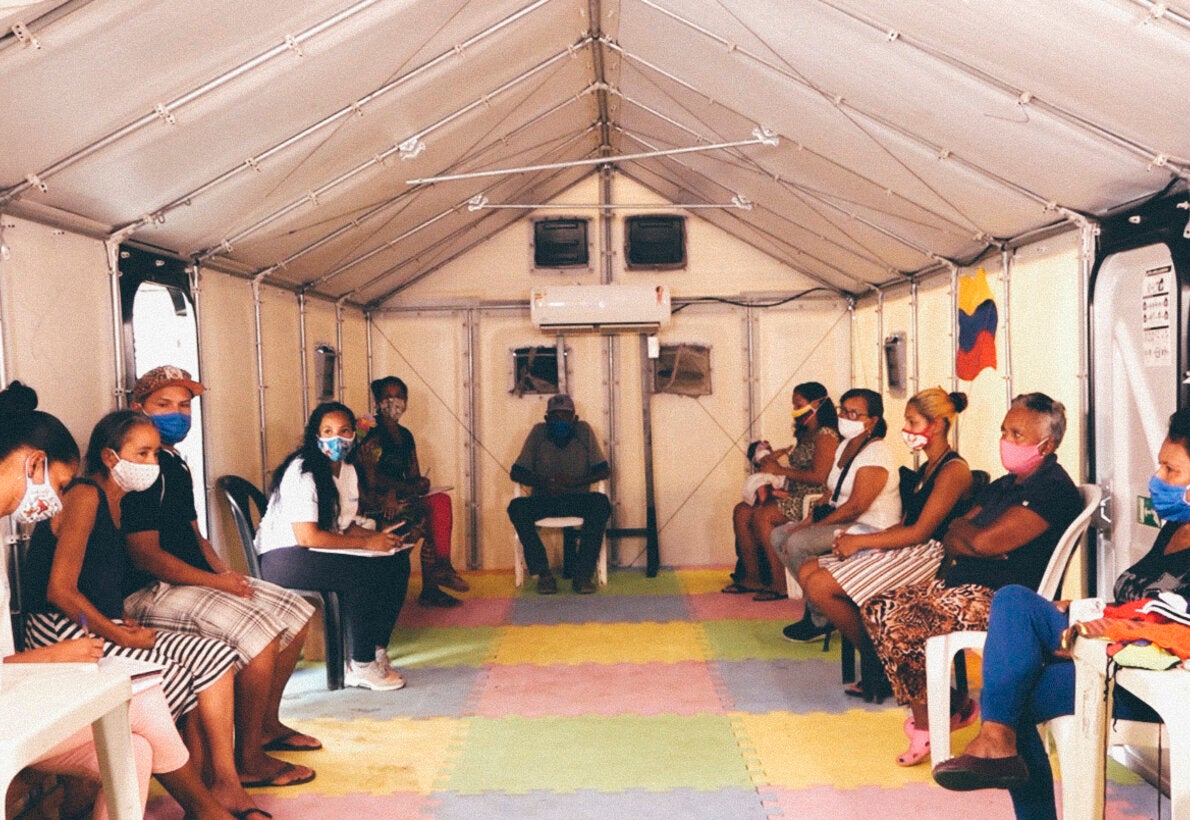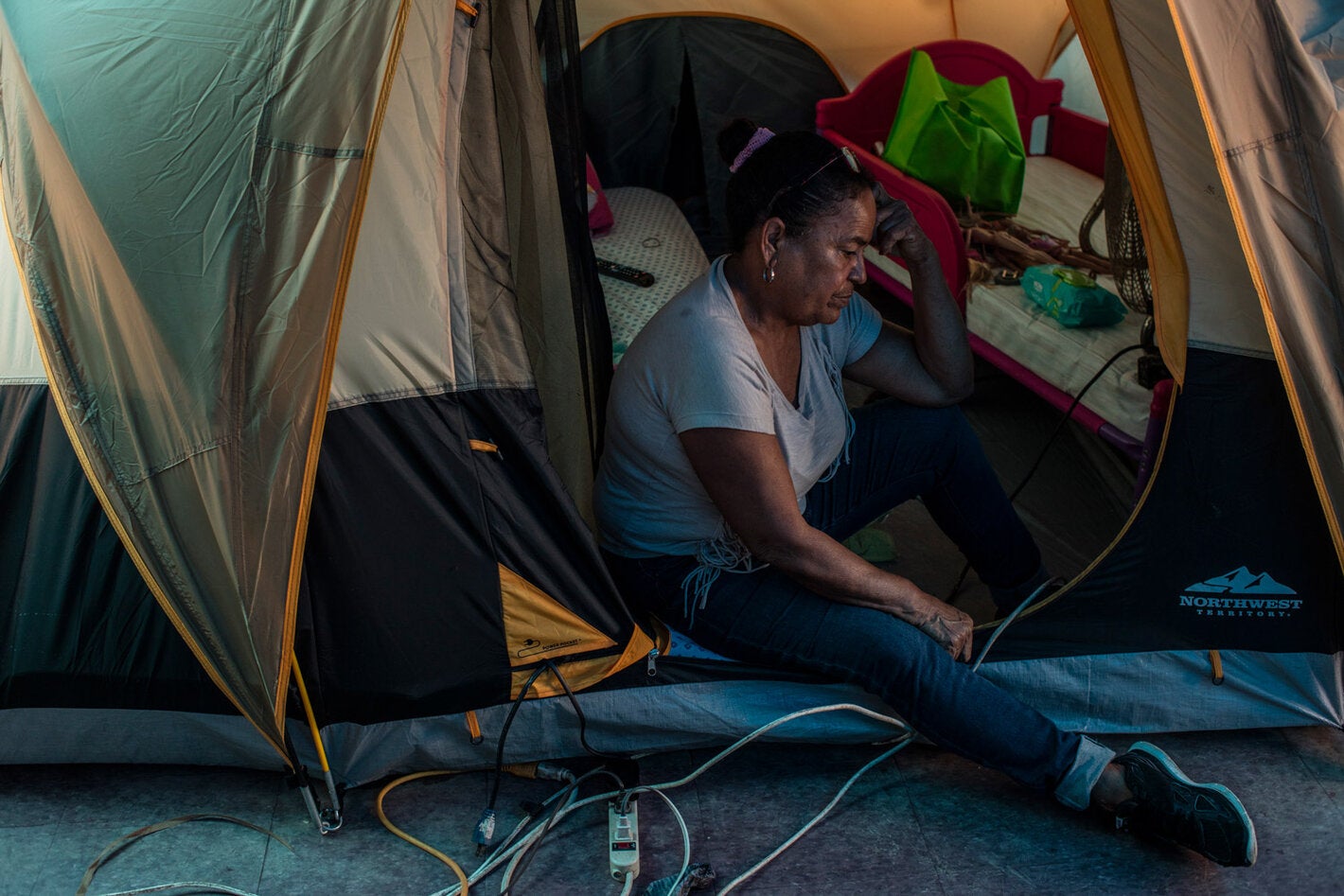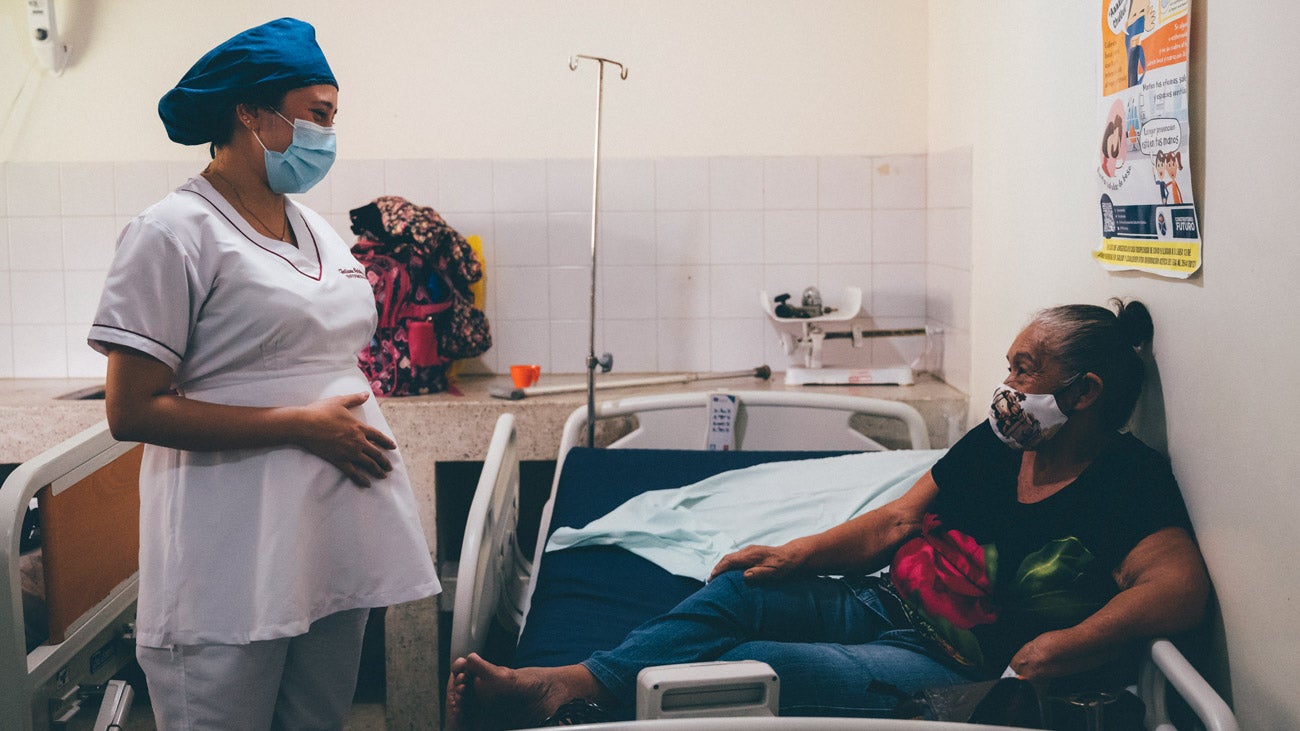S M A P S
In emergency situations, one of the priorities is to protect and improve people's mental health and psychosocial well-being.
Achieving this requires coordinated action by those providing humanitarian assistance, including government entities, non-governmental organizations, and civil society groups involved in mental health and psychosocial support (MHPSS).
In this context, PAHO/WHO heal a regional virtual course on Coordination of Mental health and Psychosocial Support to adequately and meaningfully incorporate mental health and psychosocial support in emergency preparedness and response plans in the Region of the Americas.
A comprehensive intersectoral mental health response was promoted along the lines laid out by the Inter-Agency Standing Committee (IASC). The issues covered in the course included operational tools to detect needs, mapping of stakeholders and interventions, supervision, monitoring and evaluation, project, cycle, mental health resources, and development of good practices.
The course emphasized the need to develop technical working groups on mental health and psychosocial support in humanitarian emergencies and disaster situations, and to facilitate technical working groups (TWGs) on MHPSS at the intersectoral level, in accordance with international principles governing humanitarian action.
"The course on coordination mechanisms for mental health and psychosocial support contributed to strengthening governance and organizing actions at the national level. knowledge was shared on the subject of mental health and psychosocial support in emergencies, as week as practical aspects; a work plan was created; and an intersectoral technical group was established as a reference resource on mental health and psychosocial support."
- Catarina Dahl, PAHO/WHO Brazil.
In addition, special attention was devoted to how to address the stigma and discrimination against people with mental disorders that limit access to mental health services.
"The use of mental health services is seen through the lens of that stigma and discrimination. When people arrive, they are very fearful that they will be considered crazy, that they are going to be given some kind of diagnosis that is coming to be harmful to them in some way."
- Seydi Segura of the Ministry of Health of Costa Rica and course participant
Eliz Bibiani Hozmann of the Brazilian Ministry of Citizenship stressed that "the course added content to the knowledge acquired in everyday work. Although I have 12 years of experience working in mental health, the course added a great deal of extra information on topics that I had no knowledge of".
And added that “The main thing was the coordination and synergies that could be achieved between institutions and professionals, as well as setting up an inter-ministerial group and other non-governmental bodies to deal with these issues."
PAHO will continue to promote the creation and development of intersectoral coordination mechanisms for mental health and psychosocial well-being in emergency situations and to offer support for the effective creation of technical working groups in collaboration with other organizations.

